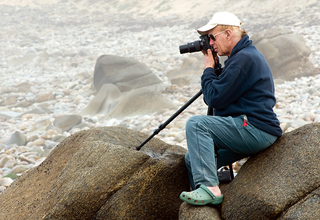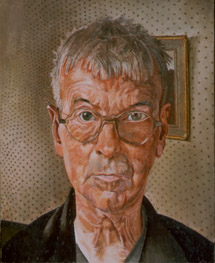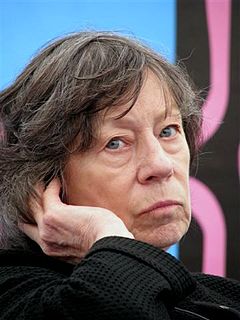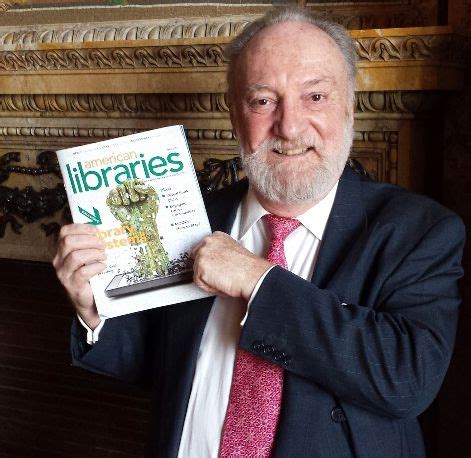A Quote by David E. Cooper
I started my professional life as a philosopher of language and for several years took the orthodox line that meaning is an essentially linguistic phenomenon. Whether as a result of simply listening to everyday talk about meaning, or reading books of anthropology, sociology and art history, it dawned on me that there is nothing at all privileged or central about linguistic meaning.
Quote Topics
About
Anthropology
Art
Art History
Books
Central
Dawned
Essentially
Everyday
History
Language
Life
Line
Linguistic
Listening
Me
Meaning
Nothing
Orthodox
Phenomenon
Philosopher
Privileged
Professional
Professional Life
Reading
Reading Books
Result
Several
Simply
Sociology
Started
Talk
Took
Whether
Years
Related Quotes
For many years, questions about the meaning of life were dismissed as senseless. We were told that life, not being a word or sentence or anything language-like, can't intelligibly be said to have meaning. An encouraging development in the last couple of decades is a return by philosophers to addressing - as nearly all people do at some time or another - the question of life's meaning.
The new "ambiguity" means, in a way adjudged favorable to literary, poetic, intellectually and psychologically well-devised and praiseworthily executed linguistic performance, uncertainty of meaning, or difficulty for the interpreter in identifying just what the meaning in question is: it means the old meanings of ambiguity with a difference. It means uncertainty of meaning (of a word or combination of words) purposefully incorporated in a literary composition for the attainment of the utmost possible variety of meaning-play compressible within the verbal limits of the composition.
Music, and art for that matter, to me is not about true meaning to anyone else but yourself. If I told you the meaning of it all from my point of view it would erase the intimacy of art. I feel like art is up for interpretation, so if I told you my meaning, how could you truly relate it to anything that “you” personally are going through?? That is the beauty of art and music in particular
As soon as you look at the world through an ideology you are finished. No reality fits an ideology. Life is beyond that. That is why people are always searching for a meaning to life. But life has no meaning; it cannot have meaning because meaning is a formula; meaning is something that makes sense to the mind. Every time you make sense out of reality, you bump into something that destroys the sense you made . Meaning is only found when you go beyond meaning.
Woman, then, stands in patriarchal culture as a signifier for the male other, bound by a symbolic order in which man can live out his fantasies and obsessions through linguistic command by imposing them on the silent image of a woman still tied to her place as the bearer of meaning, not maker of meaning.
Oral history is a research method. It is a way of conducting long, highly detailed interviews with people about their life experiences, often in multiple interview sessions. Oral history allows the person being interviewed to use their own language to talk about events in their life and the method is used by researchers in different fields like history, anthropology and sociology.
Language is virtually always pathological; hence the solution is to move as fast and far as possible from language to experience, from linguistic to experimental or psychological philosophy. In order to know that we are not in the linguistic maze, we need to determine, according to Berkeley, whether the things we are talking about exist; hence we need to look for the relevant perceptions. For him, this usually means retiring into himself and trying to imagine whether x exists, having formed the best definition possible of x.
What do I know about God and the purpose of life? I know that this world exists. That I am placed in it like my eye in its visual field. That something about it is problematic, which we call its meaning. This meaning does not lie in it but outside of it. That life is the world. That my will penetrates the world. That my will is good or evil. Therefore that good and evil are somehow connected with the meaning of the world.The meaning of life, i.e. the meaning of the world, we can call God. And connect with this the comparison of God to a father.
As I listen to the silence, I learn that my feelings about art and my feelings about the Creator of the Universe are inseparable. To try to talk about art and about Christianity is for me one and the same thing, and it means attempting to share the meaning of my life, what gives it, for me, its tragedy and its glory.


































